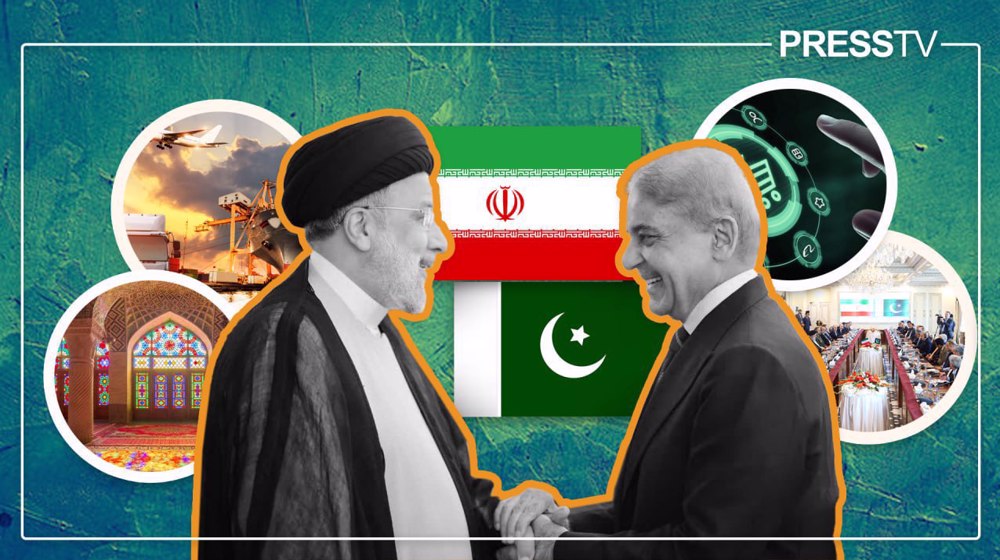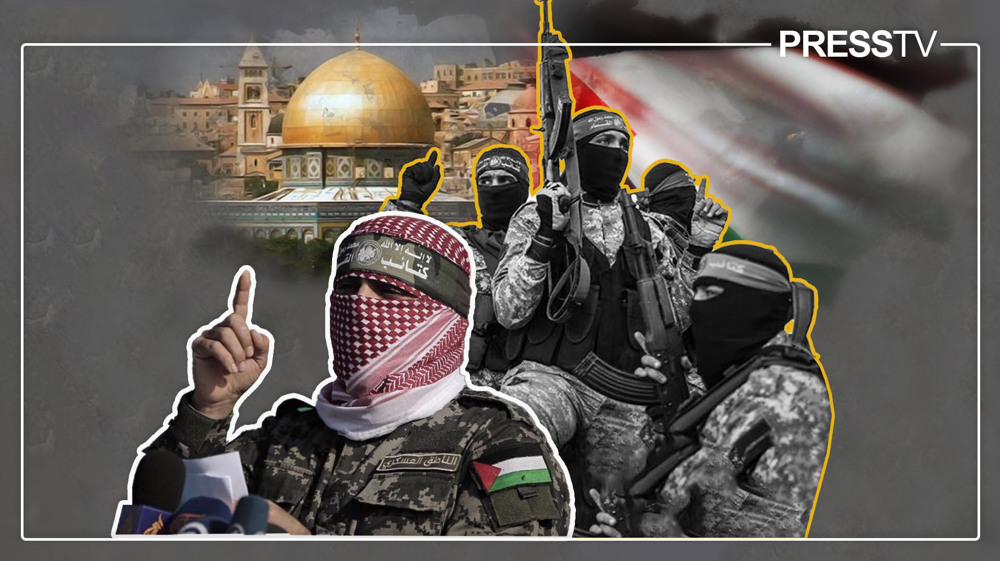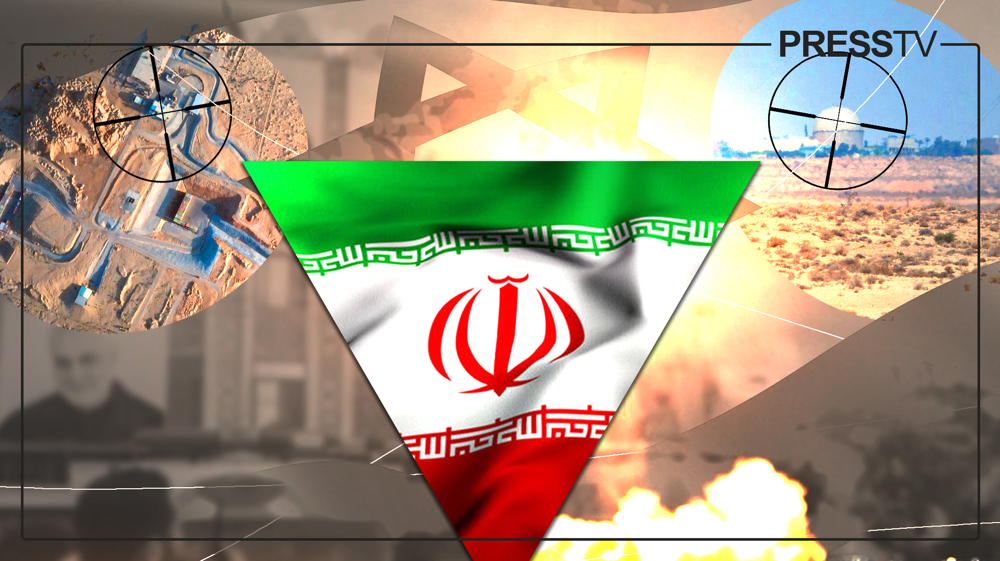Migrant tragedy, a wake-up call for EU
The recent refugee crisis off Europe’s coast is a wake-up call for the EU to re-evaluate its refugee policy, and more importantly, its engagement with other nation states.
Not far enough
The world has watched in shock as migrant shipwrecks in the Mediterranean Sea have claimed more than 1,750 lives this year. The number is 30 times higher compared to the same period in 2014. The numbers are staggering and highlight the extent of desperation of those fleeing conflict, hunger, poverty and a bleak future.
The reactions of horror that are pouring out to the plight of some of the most vulnerable people in the world has spurred the EU to hold an emergency summit to tackle the influx of these refugees, the increasing number of human smugglers and their boats, and the development of search and rescue strategies.
Despite this scrambling of European leaders, criticism is rife that the ten-point plan up for discussion doesn't go far enough. The EU’s approach focuses on broadening their dismal search and rescue operations, which have become an embarrassment for the bloc, to give emergency aid to host nations, and, speaking plainly, to stop the boats.
There is no denying the EU’s policy in dealing with the refugees arriving in their boatloads has been flawed: a handful of countries bear the burden of hosting the refugees, the processing camps where these refugees are kept are designed to encourage these people to return home, and the disappointing Triton program! has proven to be anything but effective in rescuing those stranded at sea.

The plight of these refugees underscores the urgency for a more comprehensive and all-encompassing plan of action. Those coming in looking for refuge should not be dealt with as an inconvenient problem. The responsibility must be recognized for all host nations to provide refugees with safety and a fighting chance for a new beginning.
The sooner the world, particularly the developed countries that make up the EU, starts viewing these refugees as human beings with the same right to security, well-being and the pursuit of happiness as anyone else, the easier it will be to start to map out a comprehensive plan of action that gives refugees, where ever they may land, these basic human rights.
The elephant in the room
But it all obviously goes back to the reasons why these refugees are coming in, in the first place. It is easy to dismiss these refugees as mere statistics of a war in the tumultuous Middle East, or a bout of famine in far-flung impoverished Africa. These people are not statistics though. And the horrors they leave behind should under no circumstances be accepted as the status-quo.
If our world leaders truly are appalled by the drownings of refugees, then their actions must go beyond just destroying human trafficking boats. The way economic power-houses of the West choose to engage with the developing and under-developed world needs to be re-evaluated and drastically changed. The West's engagement in Africa and the Middle East has been the very recipe that has created the refugee crisis their governments are grappling with today.
Western engagement with countries in the Middle East and Africa has been under the pretext of economic development and security. Institutions like the World Bank and IMF have tied nation states into obligations that have only increased economic uncertainty, undermined national independence and sovereignty, and have failed to strengthen democratic processes.
The strategies adopted by the West have worked well in securing lucrative contracts for multinationals in the exploitation of indigenous resources. What is left behind is a nation that is unable to profit from its own riches, a corrupt bureaucratic government, and deepening cracks within society as tensions heighten under the strain of economic hardships and increased inequality.
These countries then easily fall into the traps of famine, civil strife and bad governance. These may manifest in different ways in different countries - be it in the form of insurgencies, coups, civil wars or even corrupt dictatorships. But as long as Western interests are secure, the aid money (for development of course) keeps coming tying the nations in greater obligations of market liberalization and the likes.
When things actually start getting worse, then the West swoops in militarily to save the day. Be it France's 'peacekeeping' mission in Mali, or the NATO's bombardment of Libya, these interventions lead to a further erosion of state institutions, pushing countries into further upheaval and insecurity.

It is almost laughable when EU leaders express alarm over how Libya has become a hub for traffickers who smuggle in the refugees in their dingy boats. Did Europe really believe that its bombing campaign to 'liberate' Libya from the grips of Gaddafi would not create a humanitarian crisis? Did NATO member states seriously believe that by securing Libyan oil fields, but throwing the rest of the country into an abyss of a political vacuum, with no democratic and state institutions, would usher in stability? Did the West truly believe that Libyans falling victims to its irresponsible interventionist policies will simply sit it out, wondering whether it would be a NATO missile, rebel gunfire or a roadside bomb that would finish them off?
A different approach
If engagement is to take place in the name of development, it needs to go beyond the tried and tested methods of the IMF, World Bank and NATO. If the EU wants the boats to stop coming, it needs to stop being responsible for creating the conditions that would force people to leave all that they know and all that they have behind in the hope of an off-chance of a better life in a foreign land.
The West's inability to look at Africa and the Middle East as anything other than lands of riches that need to be exploited allows it to continue adopting strategies and policies that undermine and endanger the people that live there. It is the blatant disregard of the people, their will and their well-being that created the refugee crisis the world is set to grapple with for a very long time.
The narrative needs to shift from the belief that the West knows what is best for the rest. Solutions have to come from within, with people being the driving force behind economic growth, strengthening of democracy, and stability.
Stability, prosperity and economic growth come through investing in people, communities and democratic processes that serve the people's interests. As long as the West cannot do that, the boats will continue to come, more will overturn and a lot more will lose their lives.
KF/GHN
VIDEO | US continues starving Syrians, stealing their resources
Yemeni forces strike Israeli ship, Port of Eilat in solidarity with Gaza
Columbia, Yale students bent on ending US support for Israeli genocide
VIDEO | Genocide in Gaza
Iran calls on BRICS to play role in stopping Israeli crimes
President Raeisi’s historic visit opens new chapter in Iran-Pakistan ties
Russia: Poland’s talks on hosting US nuclear weapons ‘dangerous’
VIDEO | Israel’s genocide bounty










 This makes it easy to access the Press TV website
This makes it easy to access the Press TV website